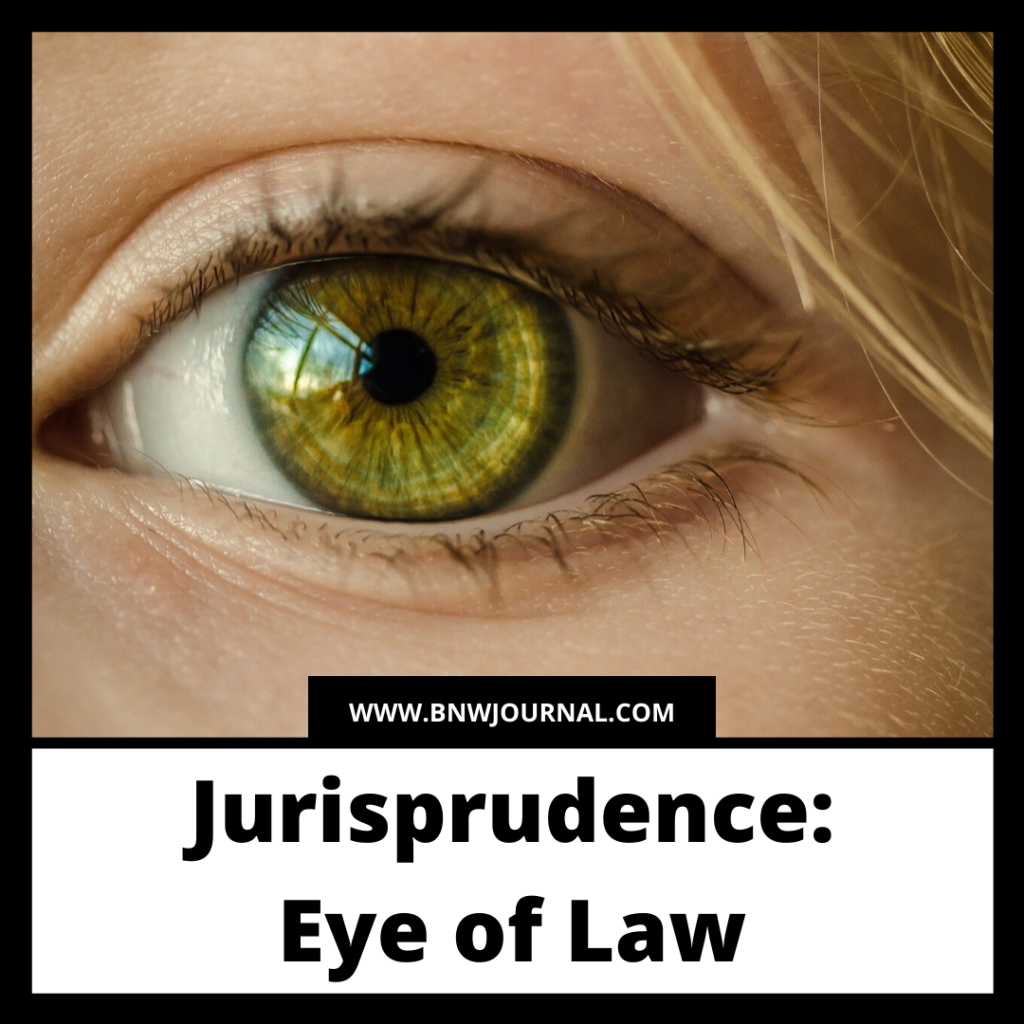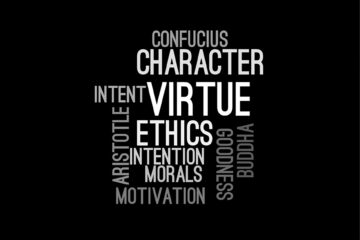![]()
Introduction
Jurisprudence is the theory or philosophy of law. Its study started with the Romans. The Latin equivalent of “jurisprudence” is jurisprudentia which means either “knowledge of law” or “skill of law”.

Jurisprudence is a subject different from all other social sciences. It is not a codified one rather than this it is continuously growing and dynamic. Jurispuredence has no limitation; it can’t be circumscribe. However its proper limit depends on the ideology and the nature of society. There are always problem arising in the society or in the legal system. It may be need for advancement of law as per present condition of society. For all such new problems or loop holes jurisprudence is the key of solution.
Definition
It is difficult to give a proper definition of jurisprudence. Its scope depends on ideology of jurist similarly its definition to.
According to Austin “jurisprudence is concerned with positive law, with “law strictly so called”. It has nothing to do with goodness or badness of law.”
Salmond defines jurisprudence as “the science of law”. Keeton considers jurisprudence as “the study and systematic arrangement of the general principles of law” [1].
Dean Roscoe Pound defines jurisprudence as “the science of law”. Using the term law in the judicial sense, as denoting the body of principles. Either recognized or enforced by public and regular tribunals in the administration of justice.
Eye of Law
The ‘eye of law’ is Jurisprudence. It is the grammar of law. It throws light on the basic ideas and fundamental principles of law. Jurisprudence is as important to law, as eyes to the human beings. The eyes shows way to the man on which he moves further. Similarly jurisprudence shows law the path on which it has to move. For example, the interpretation of law cannot be possible without jurisprudence. Jurisprudence includes all concepts of human order and human conduct in the state and society. Anything that concerns order in the state and society falls under the domain of jurisprudence.
Karl Llewellyn said “jurisprudence is as big as law- and bigger”. [2]
It’s relevance
There are various other significance and utility of jurisprudence. It has practical values, theory help to improve practice. It constructs and elucidates concepts serving to render the complexities of law more manageable and more rational.
Jurisprudence also has educational value. It helps in logical analysis of legal concepts; it sharpens the logical technique of the lawyer. Jurisprudence can teach the people to look. Look to if not forward, at least sideways and around them and realize that answer to legal problems.
Jurisprudence trains the critical facilities of its students. Because of it they can detect fallacies and use accurate legal terminology and expression. For example, when the question of possession seen one has to find its answer by way of jurisprudence.
Studies of jurisprudence help legislators by providing them precise and unambiguous terminology. Expressions such as right, duty, possession, ownership, liability, negligence etc.
J.G. Phillimore says “such the exalted science of jurisprudence, the knowledge of which sends the students into civil life. It is full of luminous prospects and notions, applicable to every exigency of human affair”. Jurisprudence helps the judges and lawyers to find the true meaning of law passed by the legislature. [3]
Prof. R.W.M. Dias writes that the study of jurisprudence is an opportunity for the lawyer to bring theory to life into focus. It concerns human thought in relation to social existence.
Teachers of law hope to encourage their pupils to learn how to think rather than what to know. Jurisprudence peculiarly suites to this end. [4]
Conclusion
New problems and new issues demand new solutions and new interpretation under changed circumstances. New problems require a new vision to see the problem from different perspective. That is the vision through eyes of law i.e. jurisprudence.
Savigny says that “law grows with the growth of strengthens with strength of people”. And also says that its standard excellence will generally be found at any given period. So that there is complete harmony with prevailing ideas of the best class of citizen.
Jurisprudence is the eye through which we can grow our law. Through which one can learn from past and set ourselves for future.
References:
- Elementary Principles if Jurisprudence, pp.1-2
- Jurisprudence, p.372
- Principles and Maxims of Jurisprudence, p 30
- Jurisprudence, Preface, p.viii.



0 Comments